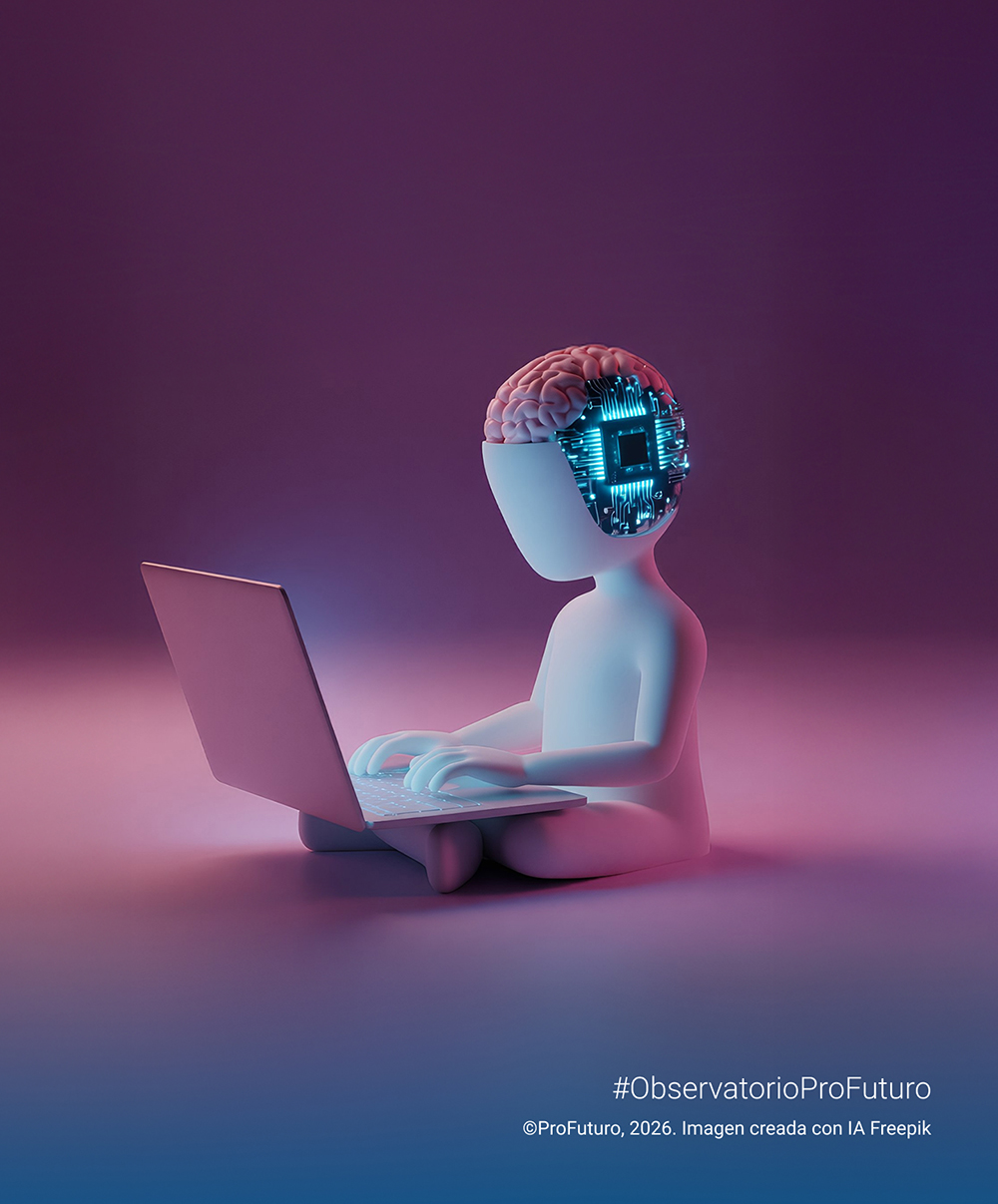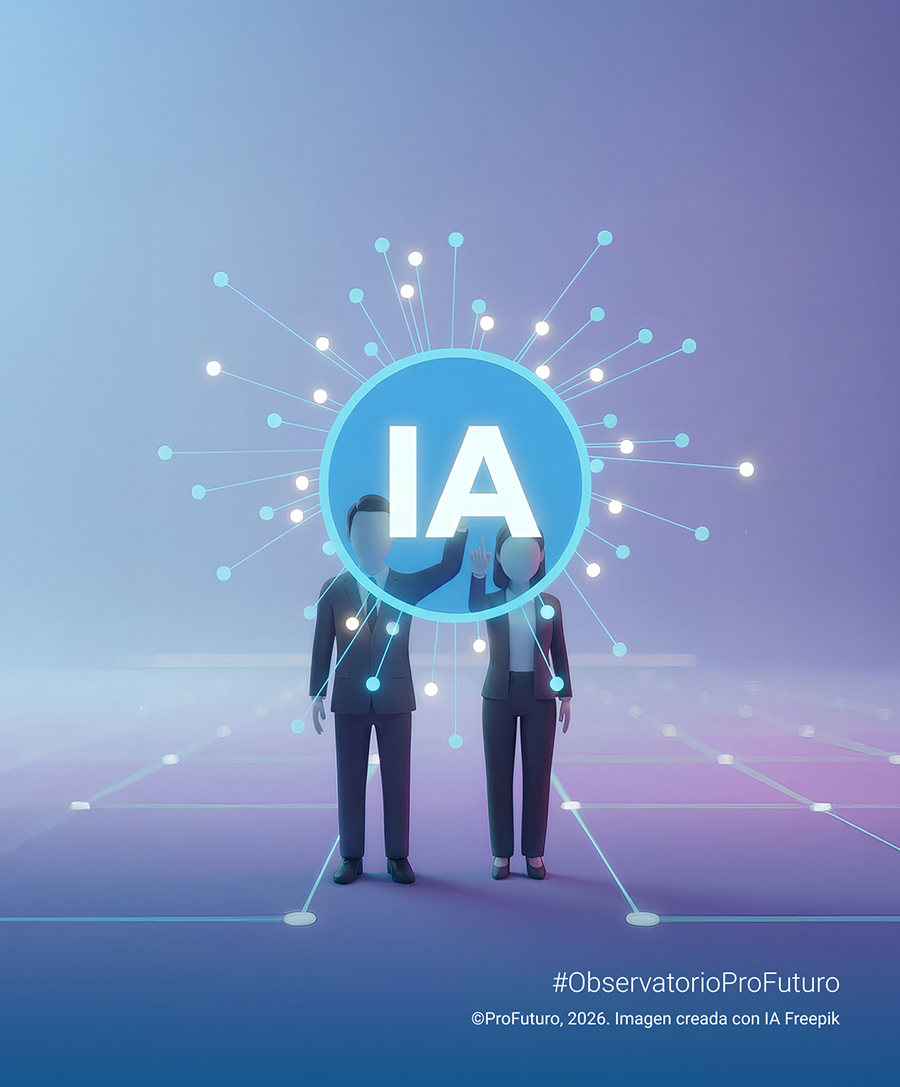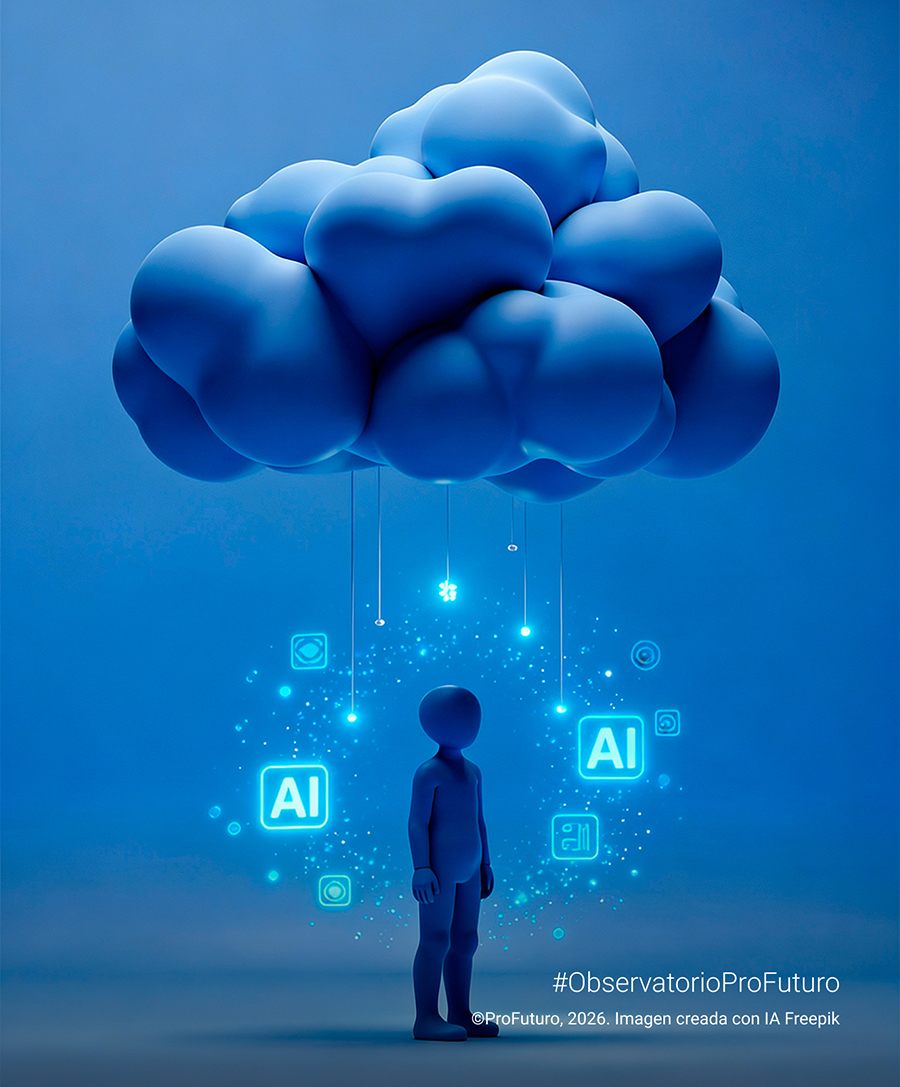Two out of three school children lack access to the internet and are unable to access quality digital learning. UNICEF and the International Telecommunication Union data. These shortcomings severely limit their opportunities for the future and for participation in the modern, fully digitally-based economy and society. ProFuturo has been working for five years to narrow the digital gap in the world by providing quality digital education to boys and girls in vulnerable environments. This commitment includes the analysis and visibility, through the Observatory, of all initiatives that serve this purpose. In this post we have selected all those, included in the HundrED Global Collection, that intervene in vulnerable contexts to narrow the education gap through quality digital education.
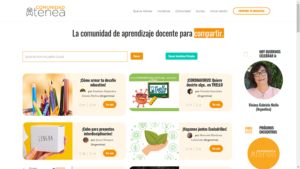 Atenea Community: a social network for teachers in LATAM
Atenea Community: a social network for teachers in LATAM
Argentina
Feeling part of a community in your day-to-day work is very beneficial for all labor groups. Teachers are no exception: connecting with other teachers, sharing best practices, drawing inspiration from their peers, accessing MOOCs, and creating projects with other teachers can make a difference to their professional development and the results their students achieve. Athena Community is a social network that allows you to do all this. This way, teachers ‘ performance is enhanced by fostering collaboration and teamwork, while promoting the meaningful use of digital tools in the classroom.
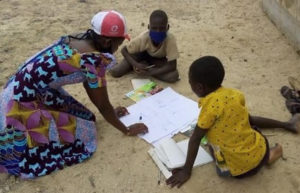 Accelerated Learning Programme: Children in the centre, better and faster
Accelerated Learning Programme: Children in the centre, better and faster
Kenia
In Kenya, less than one-third of children have acquired basic literacy and numeracy skills by the third grade. This accelerated learning programme has turned this situation around, with teachers assessing children to determine their level and selecting activities, materials, and methodologies that are at the children’s appropriate level. The programme combines teacher training, constant assessment of each student’s level, and the use of basic technology. In just 30 days, about 60% of children succeed in breaking down barriers to learning.
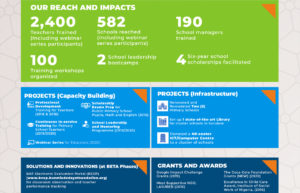 CITPPST Project: Improving teacher education in Nigeria
CITPPST Project: Improving teacher education in Nigeria
In Nigeria, only 40% of teachers are qualified to teach in the classroom: yet the system relies on this largely untrained teaching force to implement the curriculum. This proposal offers a one-year training programme, which equips teachers with skills more suited to the 21st century classroom. The training is hybrid and teachers’ performance can be monitored through an electronic information and data collection system.
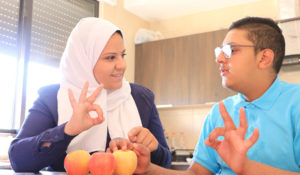 Habaybna.net: Videos, courses and guidance on parenting children with disabilities
Habaybna.net: Videos, courses and guidance on parenting children with disabilities
Jordan
Habaybna.net is a digital platform in Arabic that aims to train and support parents of children with disabilities to teach and improve their children’s skills. Habaybna offers three key resources for parents: 1) a video library with more than 800 videos of specialists in special education and rehabilitation. 2) specialised online courses , based on a microlearning approach, to teach parents how they can teach specific skills to their children, and 3) online consultations so that they can receive specialised guidance when they need it. Since 2017, it has expanded to eight countries and has impacted more than half a million children.
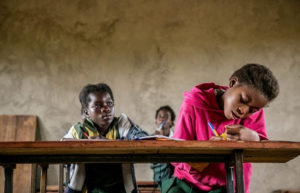 Impact Network eSchool 360 Model: Technology, teacher training, and monitoring to improve education in Zambia
Impact Network eSchool 360 Model: Technology, teacher training, and monitoring to improve education in Zambia
Zambia
Although the number of children attending school in Zambia has increased, learning outcomes are not improving substantially. ESchool 360 is a comprehensive education programme focused on training and equipping teachers with tablets and projectors to use technology and interactive lessons to improve children’s outcomes in Zambia. This is complemented by a holistic education model that includes intensive teacher training, weekly monitoring based on data collection, and community support and ownership.
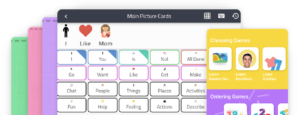 Otsimo: Virtual therapy and games for special needs children
Otsimo: Virtual therapy and games for special needs children
Turkey
When Zafer realised that his mobile device was the only thing capable of catching the attention of his little brother, diagnosed with severe autism, he started looking for apps and platforms specifically for him. Since he couldn’t find them, he decided to develop one himself. Today, Otsimo has democratised access to special education and speech therapy through its leading game-based learning apps, which teach children vital basic skills for cognitive and behavioural development. Otsimo is used in 67 countries and has impacted 315 children.
Teach 2030:Teaching to teach to teachers
Great Britain
This programme, which was born in the UK but is now implemented in 11 countries, offers contextualised, user-friendly, and easily scalable digital professional development courses that help teachers working in the world’s most challenging environments to teach better. Teach 2030 materials are relevant, accessible from all devices and environments, high quality, and practical. The courses can be used individually or as part of school-wide Continuing Professional Development to provide a rich and varied learning experience for all teachers.
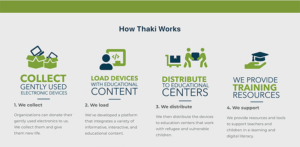 Thaki: digital literacy for refugee children
Thaki: digital literacy for refugee children
The Netherlands
Rudayna Abdo was a refugee child. She grew up learning first-hand about the difficulties that children displaced from their homes face in learning. So, now she promotes digital inclusion and narrows the learning gaps by providing laptops with pre-loaded educational content for refugees and vulnerable communities in the Middle East. Thaki makes use of the circular economy to collect laptops that are no longer needed by companies and gives them a new life cycle by adding multilingual interactive content (available offline) so that refugee students can use them in their studies. The programme is implemented in three countries and has benefited 12,450 refugee children.
“The World’s Largest Lesson”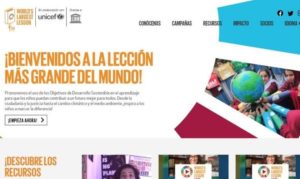
United Kingdom
Together with partners such as UNICEF and UNESCO, they produce free, creative resources for educators to teach, implement projects, and stimulate action in support of the Sustainable Development Goals (SDGs). These are free, open source resources translated into more than 30 languages that have impacted 17.9 million children in more than 70 countries.
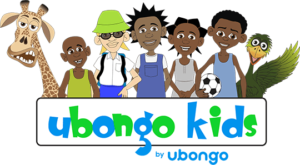 Ubongo: Africa’s biggest and most fun classroom
Ubongo: Africa’s biggest and most fun classroom
Tanzania
Can you imagine a classroom with more than 17 million students? That’s Ubongo, Africa’s biggest and most fun classroom. Ubongo uses traditional media and mobile phones to bring fun and engaging entertainment education programmes to children. Through its programmes, children develop cognitive and socio-emotional skills that substantially improve their quality of life and future opportunities.
What conclusions can we draw from the work of these initiatives? What can we learn from the work these organisations are already doing in digital education?
1. Holistic approaches, which take into account the multiple interactions between the different actors in the education system (teachers, schools, parents, students, policymakers, etc.), are best suited to address problems related to education and the education gap.
2. Socio-emotional as a foundation for learning. We know that the more active and protagonist the student is in the learning process, the better the results will be. Passive reception of information no longer works; children need other kinds of stimuli and new ways of learning, always in their context, always respecting their particularities and empathising with their uniqueness. Technology contributes exponentially with personalisation, adaptation to circumstances, and others, to make the most of this new way of conceiving education.
3. Teachers are the key figure in the educational system. Their professional development must be central to all educational programmes, policies, and debates. Most of the programmes cited in this article place teacher education at the centre of their action or recognise its importance by introducing elements of professional development for them.
4. Outcome monitoring, enabled by artificial intelligence and data science, is the differentiating digital tool in this decade to help achieve our goals and to improve the quality of programmes and interventions.
5. Finally, the aforementioned information and communication technologies are already beginning to be the transformative weapon we have been dreaming of since the beginning of the century to accelerate and transform formal teaching-learning processes, provided they are well applied, contextualised, and combined with the appropriate innovative pedagogical approaches.
In our next articles we will discuss educational innovations for learning and teaching skills 2030. Don’t miss it!
*This article is part of a series of posts in which we will analyse the initiatives and programmes featured in the HundrED report. In the first post of this series we explained the selection criteria and how the HundrED report is elaborated.




